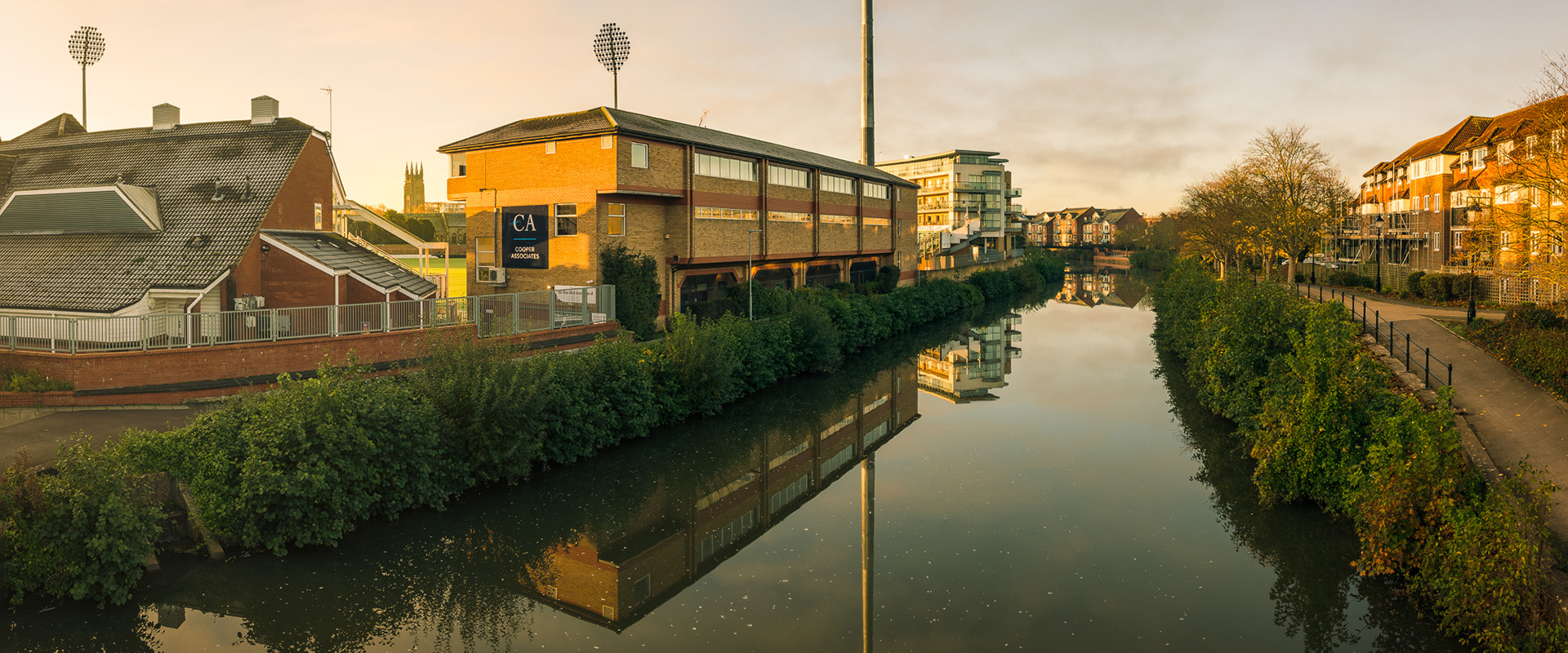
Driveways
We are probably all in agreement that it is very frustrating if you cannot find somewhere to park at your house/when visiting friends or family, especially when you have bags of shopping to carry in! More and more homeowners are therefore thinking about turning their front garden into a parking area to create private parking for the benefit of the property.
Turning your front garden into a driveway or parking space is one way in which you can actually increase the value of your property but what are the rules and regulations?
In most cases, planning permission is not required if you want to convert your garden into off street parking, provided you use permeable surface material. However, if you drop the kerb (and depending on the size/length of the driveway you are creating) planning permission or consent from the local council may be required.
Planning permission would not be required if a new or replacement driveway of any size uses permeable or porous surfacing that allows water to drain through such as gravel or permeable concrete or if the rainwater is directed to a lawn or border to drain naturally and if the surface to be covered is less than five square metres.
For example, if you were turning a garden over 5 square metres into a parking area and not using a permeable material, you would need to obtain planning permission. This is because in urban arears there are more hard surfaces and the rain flowers straight into the drainage systems which can cause flooding. Permeable surfaces enable excess water to flow back into the ground.
You then need to consider whether or not you need to drop the kerb, remove a wall, install gates etc. and if planning permission would be required for that…
Can I drop the kerb?
A crossing across a footpath or verge for your vehicle to gain access to your property from the highway is known as a dropped kerb, crossover or vehicle crossing.
Dropped kerbs are not just for convenience, they are a legal requirement if you are creating new off-street parking to your property to ensure that both pedestrians and under pavement infrastructure are properly protected. If you want or need to drive over a pavement from the road you can only do this if you have dropped kerbs. If you break this law, you could face enforcement action and could be personally liable if any pedestrians are hit, any damage is caused to the electricity, water or gas utilities under the pavement or any damage to the pavement caused.
If the kerb is on a public highway, you will need to apply for dropped kerb consent or a domestic vehicle crossing licence from your local highway authority or county council. In addition to this, you may need planning permission. If the property is on a classified road (A, B or C) planning permission will be required. If the property is a listed building, something other than a house e.g. flat or maisonette or in a conservation area, planning permission will be required.
If you are building a new home and have full planning consent for a self-build property, you will still need a domestic vehicle crossing licence from your highway authority if you want to drive over a pavement. It must be carried out to specific standards and approved by your council and in some cases, planning permission is also required.
Building regulations do not generally apply if you plan to
drop the kerb as the work is usually carried out by the local authority.
Always be aware that if permitted development rights are
removed in the area or the property is in a conservation area then planning permission
will be required.
Lease we extend….. Recent changes in law regarding leasehold and, in particular, lease extensions ma...
Are you passionate about delivering expert legal advice and exceptional personal service? At Pardoes Solicitors, a ...